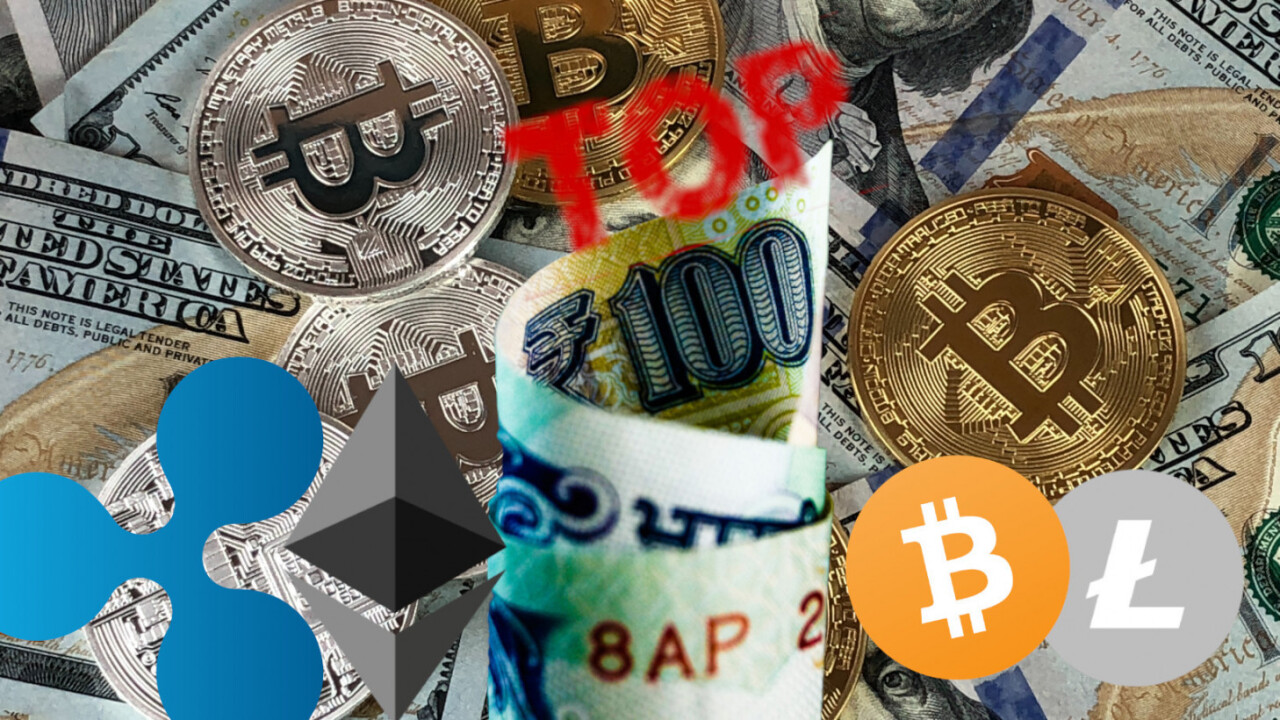
It might sound shocking, but it appears 60 out of the top 100 cryptocurrencies by market share are yet to actually release a working product to the public – despite raising millions of dollars in funding.
Cryptocurrency analysis firm Invest in Blockchain reviewed the product development efforts of the the top 100 cryptocurrencies to reach this conclusion. Among other things, the company took into consideration each project’s current status, roadmap, release history, and already available features (that have actually been delivered).
The study has defined a working product as one that is available to the public, and is used on a daily basis. The authors point out that many cryptocurrencies in the top 100 can “claim” to have a working product, but a dApp platform with no use cases or an active user base does not constitute a working product by the definition of this study.
Next to dApps, the authors also looked into other blockchain use cases like payment protocols and smart contract platforms.
Naturally, the likes of Bitcoin, Ethereum, XRP, Stellar, Litecoin, and Bitcoin Cash all feature on the list as having working products, that are widely, and actively used everyday.
Interestingly, most of the 40 cryptocurrencies with active products were either payment systems (like Bitcoin or Litecoin) or smart contract platforms (like Ethereum).
For the record, Invest in Blockchain points out that there are a number of companies with working products that don’t necessarily fit either of these two categories. One such example would be the controversial decentralized prediction marketplace Augur.
It is worth pointing out that a chunk of the projects with working products, singled out by Invest in Blockchain, have also had to deal with crippling vulnerabilities in their services.
Anonymous cryptocurrency Verge recently had to fork its network after an attacker exploited a vulnerability in the platform to steal $1.7 million worth of coins.
Decentralized liquidity platform Bancor too fell victim to hackers in July, losing $12.5 million worth of Ethereum as a result. Following the hacking, it also became clear the platform had built in a backdoor that allowed the company to selectively “freeze” funds on its network.
There may be lots of breadth of investment when it comes to development on the blockchain this year, but it would appear from this study that cryptocurrencies still rule the roost when it comes to actual working applications of the tech.
However, consider those numbers from a different perspective. As mentioned, this study shows that 40 of the top 100 cryptocurrencies by market cap do have a working product. The problem is with the 60 startups that have nothing to show for the investment.
Indeed, another recent study highlighted how exit scams have conned nearly $100 million from unwitting investors. But, it also highlighted how it is much harder to recognize a startup who have secured investment, but are continuing development with nothing to show for it.
It may be that many of these 60 are still building their user base, and were excluded because of this study’s definition of “working product.” In the future, we can hopefully see more of these cases join the list of blockchain projects with working products. Only time will tell.
Just because it has a working product, doesn’t mean it’s perfect. Whatever the case is right now, the reality is that cryptocurrencies are still the main working application for the tech. Granted, we might not be using them to buy our morning coffee, but we can trade them, and in some cases, we can use them to pay off debts with our friends.
August 16th, correction: In one section it was implied that Ripple is a crytpocurrency, this is not the case Ripple is a technology company. The digital asset XRP is independent. The copy has been updated to reflect this.
Get the TNW newsletter
Get the most important tech news in your inbox each week.





